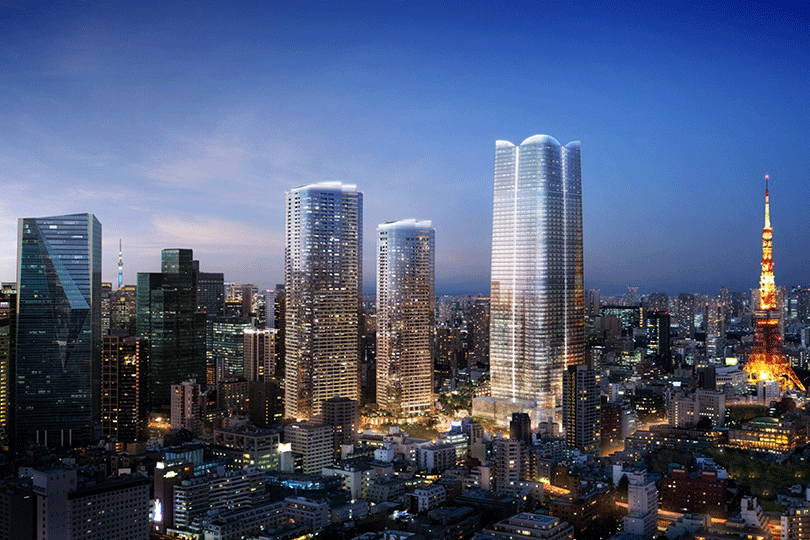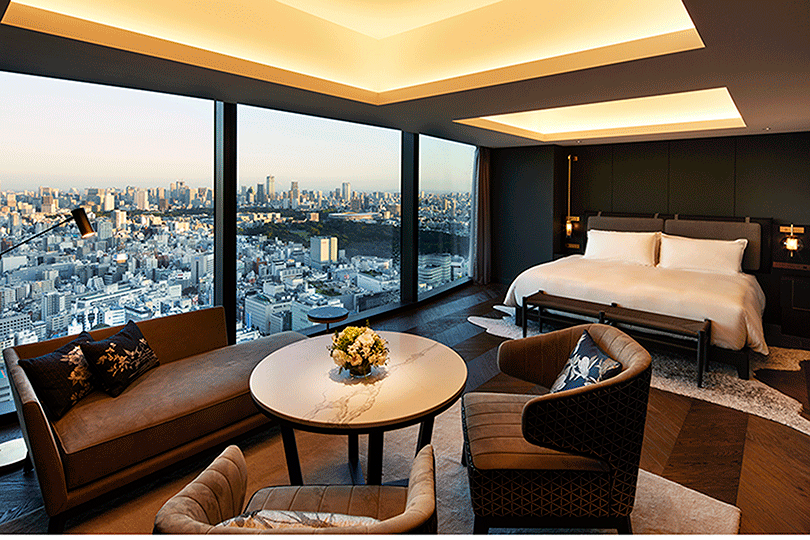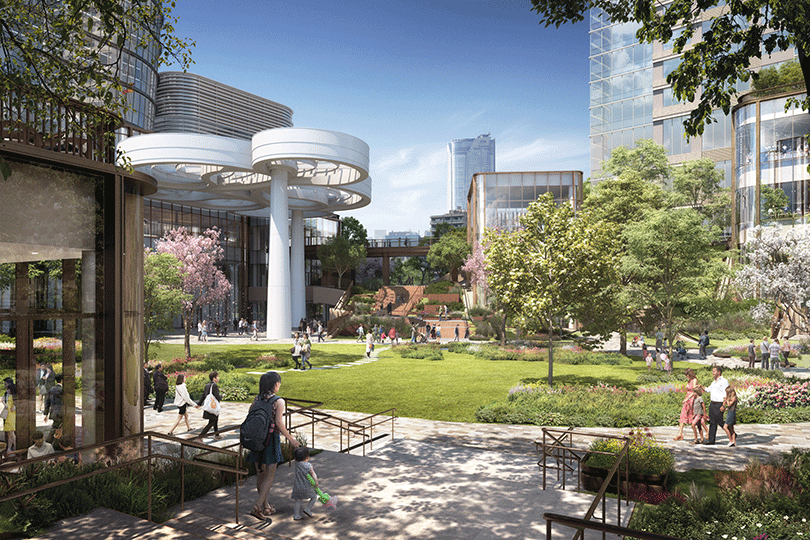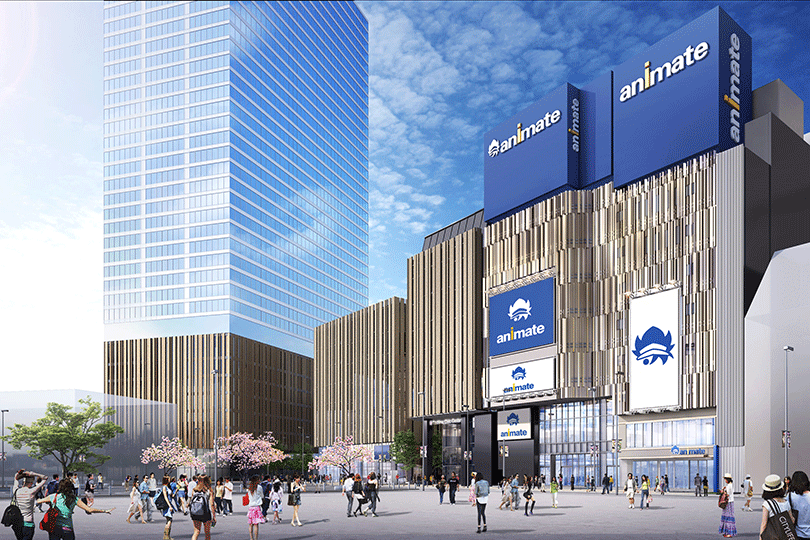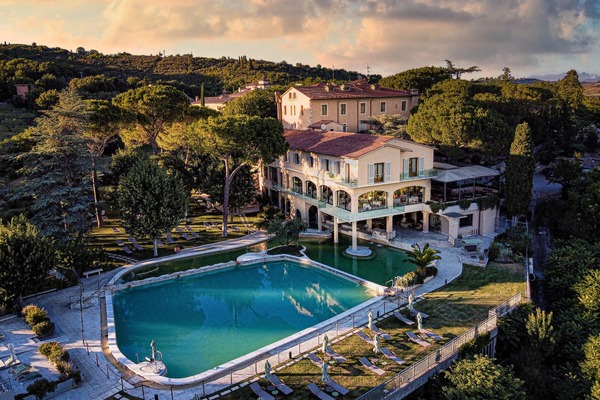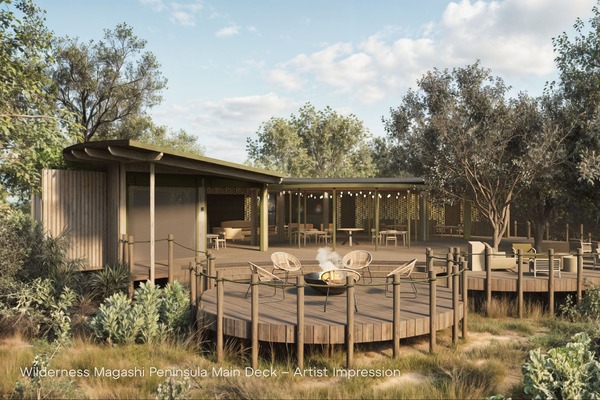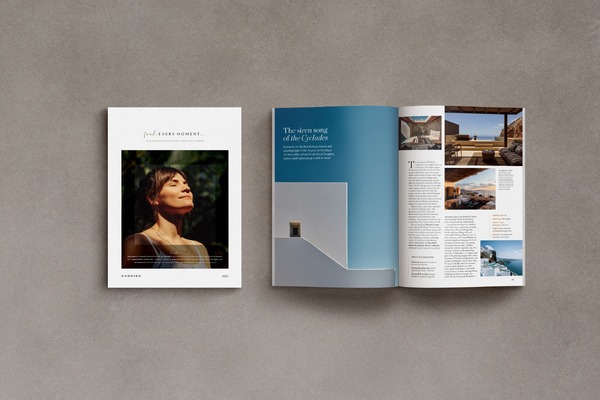Back on track: new ways to experience Tokyo as Japan gets back to business
With British Airways having just upped its flights to Tokyo, we look at myriad new and rediscovered ways to package up enticing trips to the city.
As if people needed more of a reason to help Japan’s tourism fortunes get back on track, British Airways has just increased the frequency of its Heathrow-Tokyo Haneda services, with travellers now able to access 11 flights a week to the Japanese capital.
The country was closed to wider swathes of the international market for longer than many destinations, but it is now in a hurry to make up for lost time and has many new hotels and attractions on the way to help it do so.
The wave of new accommodation is partly attributable to the legacy of the city hosting the Olympic and Paralympic Games Tokyo 2020, which of course was postponed and then held from 23 July to 8 August 2021 instead.
In with the new
New openings this year include Bulgari Hotel Tokyo, which has just opened in the top seven floors of an “ultra-skyscraper” in the city’s Yaesu neighbourhood, within walking distance of some of the city’s best attractions, including Imperial Palace and the shopping areas of both Nihombashi and Ginza.
The hotel will offer 98 guest rooms in a variety of configurations, including multiple luxury suites and an extraordinary Bulgari Suite with views over the city from the 45th floor. Meanwhile at the Bulgari Spa, there will be a 25-metre indoor pool.
Next up are Hotel Groove Shinjuku, A Parkroyal Hotel, with 538 guest rooms furnished with an eclectic mix of unique art and music, inspired by the energetic entertainment scene of Shinjuku’s Kabukicho district, and in the same 48-storey Tokyu Kabukicho Tower will be Bellustar Tokyo, A Pan Pacific Hotel, with 97 rooms set up on the higher floors. Slated to open in May, both these are brand firsts in Japan.
The Bellustar Tokyo’s 45th floor will be home to a dramatic restaurant setting, with a three-storey atrium with large windows for a truly unique ‘dining in the sky’ experience. The restaurant features a teppanyaki counter and sushi corner, as well as a bar and lounge.
Meanwhile, the Tokyu Kabukicho Tower is also set to be Japan’s largest hotel and entertainment complex, with a 900-seat theatre (Milano-za Theater), a 1,500-capacity live music venue (Zepp Shinjuku), as well as the two hotels.
And then there’s the second hotel for Edition due to make its arrival this summer. The Tokyo Edition, Ginza adds to the 2020 opening of The Tokyo Edition, Toranomon: the newer 86-room sibling will be located just off Chuo Street, one of the largest upscale entertainment and shopping destinations in Tokyo.
Based on a Jungle City theme and celebrating Tokyo’s Shibuya neighbourhood, the Hotel Indigo Tokyo Shinjuku will open late 2023 and this will be the brand’s fourth opening in Japan in as many years. Also scheduled to open late 2023 is the TRUNK hotel, which will have 25-30 guest rooms located in Shibuya’s trendy Tomigaya neighbourhood, just minutes from Yoyogi Park. It will have a rooftop bar and a bar overlooking Yoyogi Park, the largest park in central Tokyo.
Aman is due a second hotel in Tokyo, under its Janu brand. Janu Tokyo will open in Azabudai Hills, a massive urban renewal undertaking that will revitalise a large area of central Tokyo when completed this year. The 120-room hotel is designed by Denniston under the leadership of Jean-Michel Gathy and is hailed as being able to offer Japan’s largest spa.
Azabudai Hills is a ‘modern urban village’ some 34 years in the planning and construction. Surrounded in lush greenery, the huge project includes three new skyscrapers including Tokyo’s tallest building (Azabudai Hills A District Tower, at 64 storeys high), and will also be home to Aman Residences, and a new Mori Building Digital Art Museum teamLab Borderless, as well as shops, restaurants, offices, homes, and an international school.
TeamLab’s hugely popular original museum in Odaiba closed last year and its new home will be a dedicated underground space in Azabudai Hills: the new museum will unveil works by teamLab that further explore the concept of “wander, explore, discover in one borderless world”.
Out and about
Tokyo’s mayor is also keen to get visitors out to the subtropical island chains of Izu and Ogasawara to the west of the city, which between them offer 11 islands with white sandy beaches, rugged volcano-crafted landscapes, and forest-covered mountains.
“This is proving a popular spot post pandemic, as people seek out places to enjoy nature. Wellness is also now a growing part of what people look for, and we have a very Japanese take on that which we can offer in Tokyo,” mayor Yuriko Koike says. “As well as that, there are also many more useful things for tourists now, from more numerous help points with multi-linguistic support, through to enhanced WiFi and higher numbers of cashless service points, which were not as prevalent before.”
She adds that Tokyo is on a mission to reduce its carbon footprint, with Tokyo Metropolitan Government aiming to half its carbon output by 2030. Food is an ever-increasing part of why people travel, she points out, with Tokyo’s chefs and restauranteurs having spent the pandemic developing innovative dining concepts, and the city also upping its count of vegan and vegetarian restaurants. And importantly – she points out the Yen is fairly weak, making things like eating out seem more affordable for British travellers.
Masahiko Sakamoto, director general for the Bureau of Industrial and Labor Affairs for Tokyo Metropolitan Government led a tourism delegation to London earlier this year, the first visit post-pandemic, and says the UK has tremendous potential for the city.
“It was so fruitful to visit the UK and we could feel the enthusiasm among the trade. We know there are many die-hard fans who will be coming back, as well as new audiences for Tokyo and Japan,” says Sakamoto, adding he can envisage Tokyo attracting as many as half a million UK visitors this year; there were around 420,000 in 2019.
“Asia is an important market to us in numbers, but the UK’s affluent travellers stay longer and spend more as they have come further, so we need both these kinds of markets,” he adds.
“We have a great opportunity here, to showcase how we combine state-of-the-art innovation and our various sub-cultures, with the juxtaposition of old traditions. We know how important it is to invest in preserving our attractions, and we also want people to know our people are welcoming and friendly, while also being enhanced by roll-outs of technology solutions that will help tourists too.”
Uniquely Tokyo
Tokyo is a constantly fascinating city, with something to surprise at every turn. That could be the “designer” public toilets redesigned in 17 locations throughout Tokyo’s Shibuya district with the help of 16 creators invited from around the world.
Or maybe people want to check out Kura Sushi, the world’s largest conveyor belt sushi restaurant which is now open and features games to win capsule toys – or Tokyo Riverside Distillery, central Tokyo’s first gin distillery.
Meanwhile for anime and manga fans, the famous Animate Ikebukuro flagship store is fresh from an overhaul and expansion and is now the world’s biggest anime store.
When it comes to that Olympic legacy, Japan National Stadium Tours are now possible, including seeing the athlete locker rooms, track and other areas of the stadium normally off-limits to the public, together with memories of the Olympics and Paralympics.
And when clients ask you where the coolest spots are to hang out, point them towards Shimokitazawa for hip, affordable dining, drinking and shopping and insist they check out a couple of yokocho - food halls inspired by Tokyo’s famed little alleyways lined with places to eat. Shinjuku has 17 eateries and karaoke, while the Asakusa yokocho food hall is inspired by Japan’s festivals.
While it may be blossom time now – the first one Tokyo will really be able to experience to its full extent post-pandemic – there’s plenty coming up this summer too. For July-August, recommend the Fukagawa mizu-kake water throwing festival (which takes place every three years) with 50 mikoshi portable shrines, or the Koenji Awaodori traditional dance festival, which is back post-covid.
And finally, eyes are peeled for Warner Bros. Studio Tour Tokyo – The Making of Harry Potter. Studio Tour Tokyo is the second of its kind to open in the world, after London, and is an unprecedented experience-based entertainment facility. The new facility will offer visitors a behind-the-scenes look at the films by displaying costumes, props, and other items by filmmakers.
Find out more about Tokyo and the new site dedicated to Tokyo’s nature and islands under One City, Two Worlds: Discover a New Tokyo.
• With additional thanks to Time Out Tokyo editor Lim Chee Wah and People Make Places, founder and CEO Charles Spreckley for their insight.

